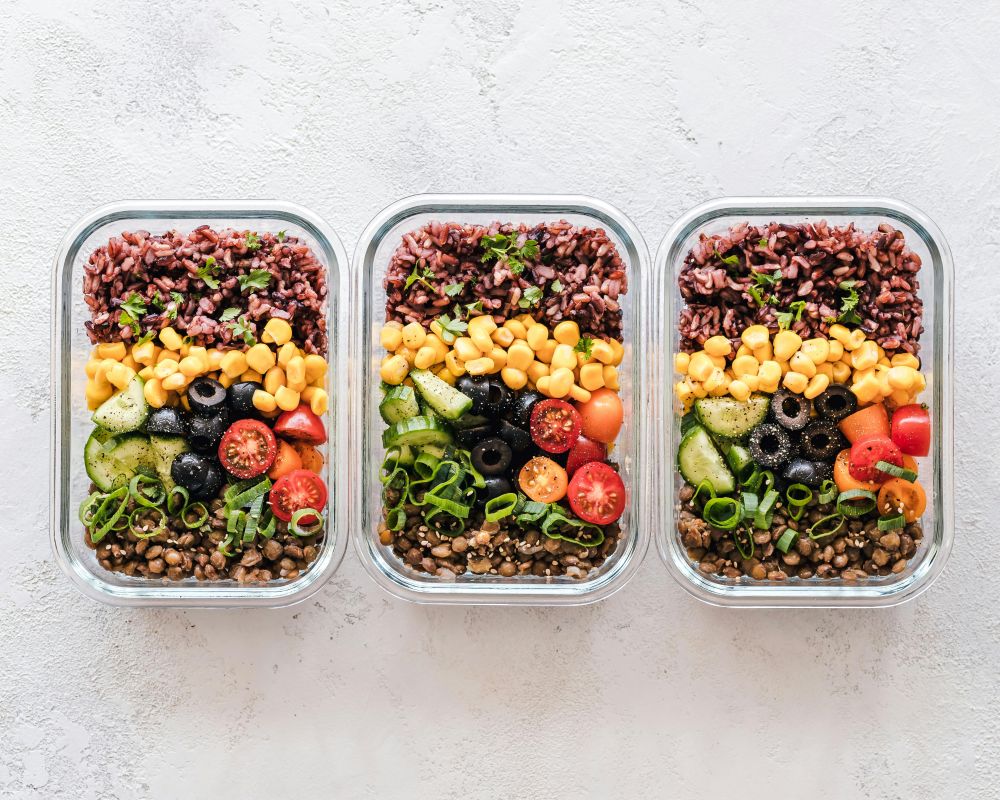Meals made by dieticians and nutritionists can significantly improve health, reducing medical costs.
A growing number of people are finding that the food they eat can make a big difference in their health, especially if they’re living with long-term conditions like diabetes, heart disease, or cancer. There’s a push happening across the country to bring specially prepared meals—designed by dietitians and tailored to individual medical needs—into the everyday care of folks who need them most. These meals aren’t just healthy—they’re meant to help keep people out of the hospital, manage symptoms, and make life a little easier when cooking isn’t an option.
Researchers at Tufts University ran a big simulation to see what would happen if people across the United States who qualify for these meals actually got them. The results were eye-opening. The researchers estimated that giving these meals to everyone who needs them could prevent over 3.5 million hospital stays each year. That’s not just good for patients—it could also mean a big drop in the country’s health care bills. According to their findings, we’re talking about more than $30 billion saved in just one year.
These meals are designed for people who have trouble doing daily tasks like grocery shopping or cooking, especially when they’re already dealing with a serious illness. The meals are put together by professionals who know what nutrients the body needs to recover or stay stable. The idea is simple: if you feed the body what it really needs, you can avoid a lot of the health problems that come from poor nutrition, especially for people with health conditions that are affected by diet.

Out of all 50 states, 49 showed that offering these meals would actually save money. Only one state, Alabama, came out neutral on cost—meaning the money saved from fewer hospital stays balanced out the cost of the meals. But even there, health improved. States like Connecticut, Pennsylvania, and Massachusetts showed the biggest savings per person, up to thousands of dollars each year.
The study also looked at how many people would need to get these meals to keep one person out of the hospital. In Maryland, it was just over two people. In Colorado, it was nearly seven. That range shows how different things are from state to state—people’s health, how hospitals are paid, and how much medical care costs all play a part.
More than 14 million people in the U.S. could qualify for these meals right now. Most of them are covered by programs like Medicare or Medicaid, which means the government is already footing the bill when they get sick. By offering meals that prevent complications, states could ease the pressure on those systems. Some states are already testing this out by using special permission waivers to let their Medicaid programs cover medically tailored meals. But it’s still early days, and most programs are small—helping hundreds or a few thousand people at most.
There are still a few pieces to figure out before this kind of support can go big. Health providers would need tools to figure out who qualifies, systems would need to be in place to deliver the meals, and of course, the food would need to taste good and be something people actually want to eat.
Even so, the takeaway is clear: feeding people the right way when they’re sick can keep them out of the hospital and save money. It’s not a fancy idea, but it might just be one of the smartest moves health care can make. The science backs it up, and it’s starting to catch on. If more states follow through, millions of people could see better days ahead—one meal at a time.
Sources:
Medically tailored meals could save billions and prevent millions of hospitalizations
Estimated Impact Of Medically Tailored Meals On Health Care Use And Expenditures In 50 US States


Join the conversation!